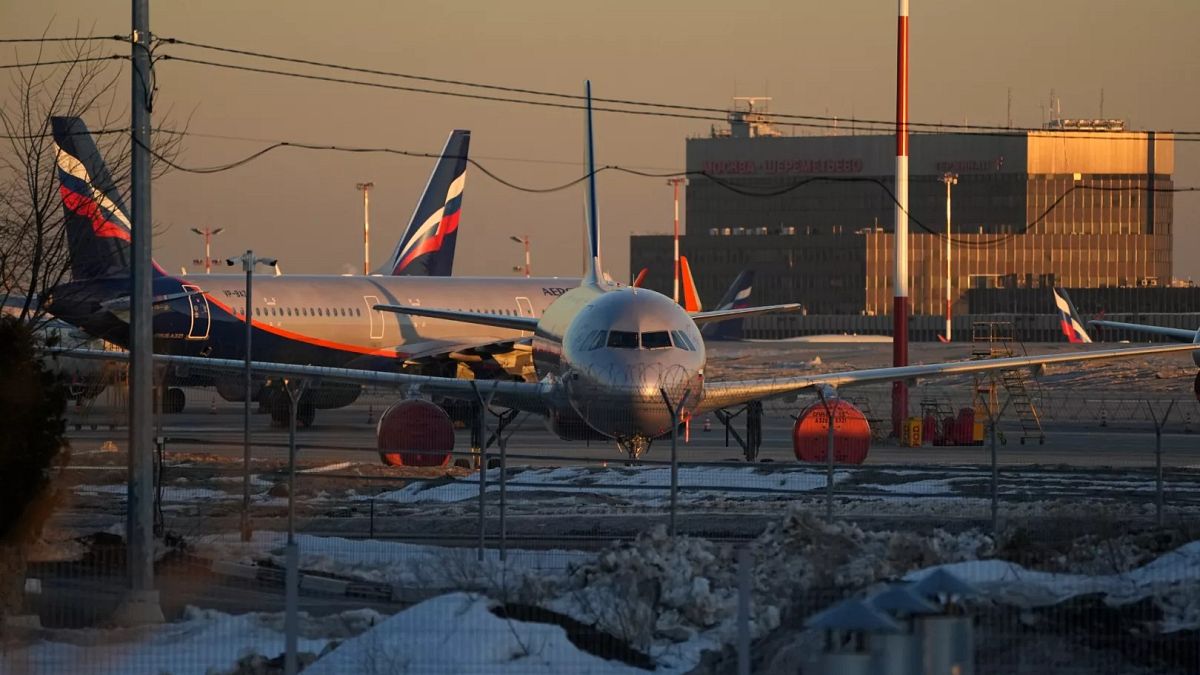

In a world of interconnected events, recent days have seen a variety of impactful occurrences across the globe, touching on issues from cybersecurity to natural disasters and labor movements. These events remind us of the complexity and interdependence of modern life, calling for a mindful approach to understanding their broader implications.
In Russia, Aeroflot, the nation’s flagship airline, found itself at the center of a cybersecurity incident that necessitated the cancellation of numerous flights. A pro-Ukrainian hacker group known as Silent Crow has claimed responsibility for this significant cyberattack, which disrupted the airline’s operations. The impact on passengers and logistics highlights the current vulnerability of global transportation networks to digital threats. While Aeroflot works to restore its systems, the incident serves as a stark reminder of the essential role cybersecurity plays in maintaining continuity in travel and commerce.
Meanwhile, in Germany, a tragic train derailment occurred in the picturesque region of Baden-Württemberg. Preliminary investigations suggest that a landslide, triggered by heavy rainfall, was the likely cause of this unfortunate accident, which resulted in the loss of three lives and multiple injuries. The natural disaster emphasizes the need for continued vigilance and preparedness when it comes to weather-related challenges, underscoring how environmental factors can have sudden and severe impacts on daily infrastructure.
Across the Atlantic, in the United States, a potential strike is on the horizon as over 3,200 Boeing workers in the St Louis area voted against a proposed contract, despite the inclusion of a four-year, 20% wage increase. This development indicates a wider trend of labor empowerment, where workers are increasingly vocal about their working conditions and the benefits they receive. While a cooling-off period is in effect to delay any immediate strike action, the situation remains fluid, and the outcome will have ramifications for Boeing’s production schedule and the communities reliant on these vital jobs.
In Ukraine, amidst ongoing challenges, the southern part of the country has faced an ecological event of its own involving a plague of locusts. As these pests descend on farmlands already strained by the ongoing conflict, agriculture and food security emerge as major concerns, illustrating the ripple effects of environmental and socio-political stressors on nations. Striving to manage these challenges will require innovative strategies and international cooperation to mitigate further disruptions to food supplies.
Together, these events paint a picture of a world navigating multifaceted challenges. Through cooperation and resilience, nations and communities continue to adapt and address the myriad issues presented by an ever-changing global landscape.
Source: {link}
